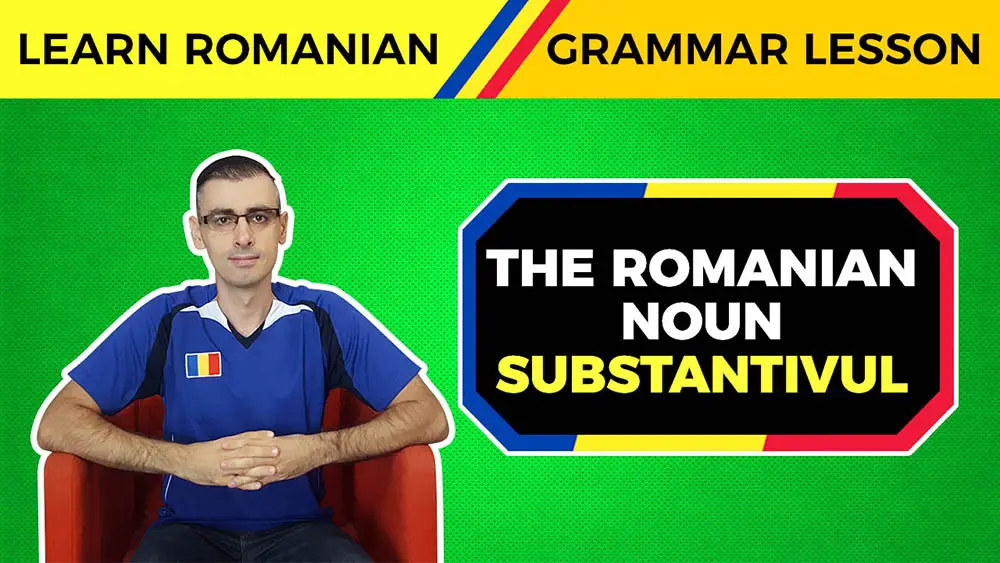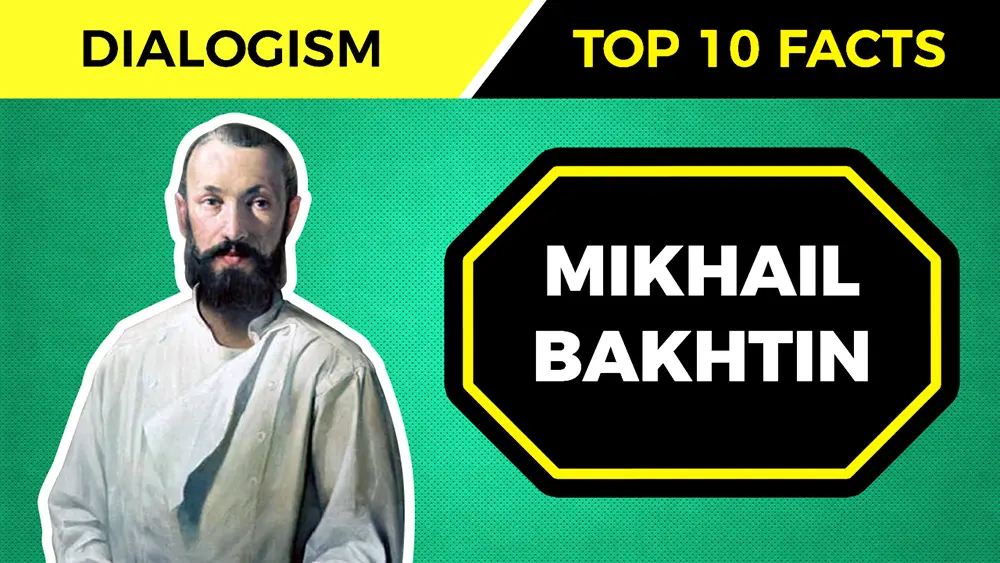Hi. This is Mihnea. Welcome to Romanian Hub, the Ultimate Romanian Language Learning Portal.
One of the most requested types of videos here at Romanian Hub are grammar lessons. So, with this article, I’m starting a new series which will look in great detail at all the aspects of Romanian grammar.
Hai să începem. Let’s start.
The Romanian Noun (Substantivul)
Romanian nouns are categorized into three genders (trei genuri): masculine (masculin), feminine (feminin), and neuter (neutru).
Nouns which end in a consonant (like om – man) or the vowel “-u” (like bou – ox) are mostly masculine. A plural masculine noun (substantiv masculin la plural) usually ends in “-i” (like copaci – trees).
Feminine nouns usually end in “-ă” or “a” (like bunică – grandmother or cafea – coffee). A plural feminine noun (substantiv feminin la plural) usually ends in “-e” (like mere – apples).
Neuter nouns behave like the masculine in the singular and the feminine in the plural. So, neuter nouns can end in “-u” (like cadou – gift) or end in “-e” (like zâmbete – smiles).
Let’s look at some examples:
Singular masculine noun (substantiv masculin la singular):
copac = tree
Cel mai mare copac se află pe vârful dealului.
The biggest tree is (located) on top of the hill.
Plural masculine noun (substantiv masculin la plural):
Copaci = trees
Bunica are trei copaci în curte.
The grandmother has three trees in the yard.
LEARN MORE: 5 Simple Romanian Dialogues | Learn Romanian Conversation Lesson #1
Singular feminine noun (substantiv feminin la singular):
carte = book
Am împrumutat o carte nouă de la biliotecă.
I borrowed a new book from the library.
Plural feminine noun (substantiv feminin la plural):
cărți = books
El are o biliotecă cu multe cărți despre istorie.
He has a library with many books about history.
Neuter noun – behaving like masculine (substantiv neutru – forma masculină):
cadou = gift
Am uitat să cumpăr un cadou de ziua ei.
I forgot to buy a gift on her birthday.
Neuter noun – behaving like feminine (substantiv neutru – forma feminină):
cadouri = gifts
Copiii au primit multe cadouri de Crăciun.
The children received many gifts on Christmas.

And that’s the end of another Romanian Language Lesson. Now it’s your turn. Make a sentence with one of the target words and post it in the comments section below.
Don’t forget to SUBSCRIBE to my Romanian Hub YouTube Channel. In that way you won’t miss the next episode. Also, I have daily Romanian Language Mini-Lessons on Facebook and Twitter. If you found this lesson useful, consider supporting Romanian Hub on Patreon.

